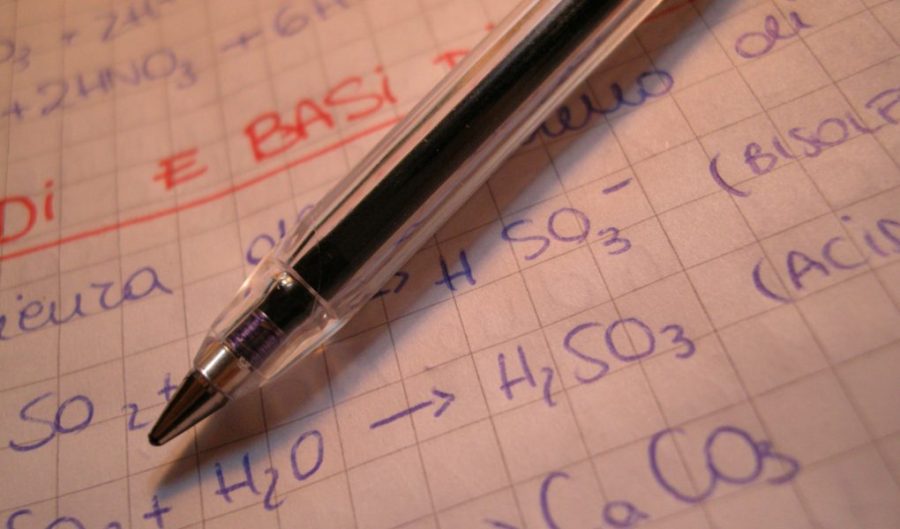Mathematics is an exact science that is commonly defined as ‘the way to study patterns and structures’. The verb ‘to cipher’ for example comes from the Arabic ‘sifr’ that translates to ‘zero’ or ‘empty’. The figures ten and the number zero in particular have Arab roots. Many Muslim scholars have built the foundations of mathematical… Continue reading Islam And Science: Al-Khwarizmi And Algebra
Tag: Islam and Science
Islam And Science: Ibn Hayyan And Chemistry
Chemistry is a natural science which studies the structure of matter, chemical changes occurring under certain circumstances and the regularities that can be drawn from that. Muslim scientists have deepened their knowledge in this domain as well. However, rather than learning about their fundamental contributions from scientific databases, their ideas are only to be found… Continue reading Islam And Science: Ibn Hayyan And Chemistry
Islam And Science: Ibn al-Haytham And Physics
Physics is a science that covers a very wide area of the material world, ranging from research on subatomic particles to studying galaxies. In Physics, what’s most important is the composition and behavior of matter and all of its fundamental laws. The most fascinating works on Physics that have been created by Islamic scientists, are… Continue reading Islam And Science: Ibn al-Haytham And Physics
Lunar Craters Named After Muslim Astronomers
If you look at the surface of the Moon with the naked eye, it looks unevenly bright, with dark and light spots. These objects are called “lunar craters”. In 1651, Giovanni Battista Riccioli, a Jesuit professor of astronomy and philosophy from Bologna, prepared a comprehensive work on astronomy called Almagestum Novum (“New Almagest”) with a… Continue reading Lunar Craters Named After Muslim Astronomers



